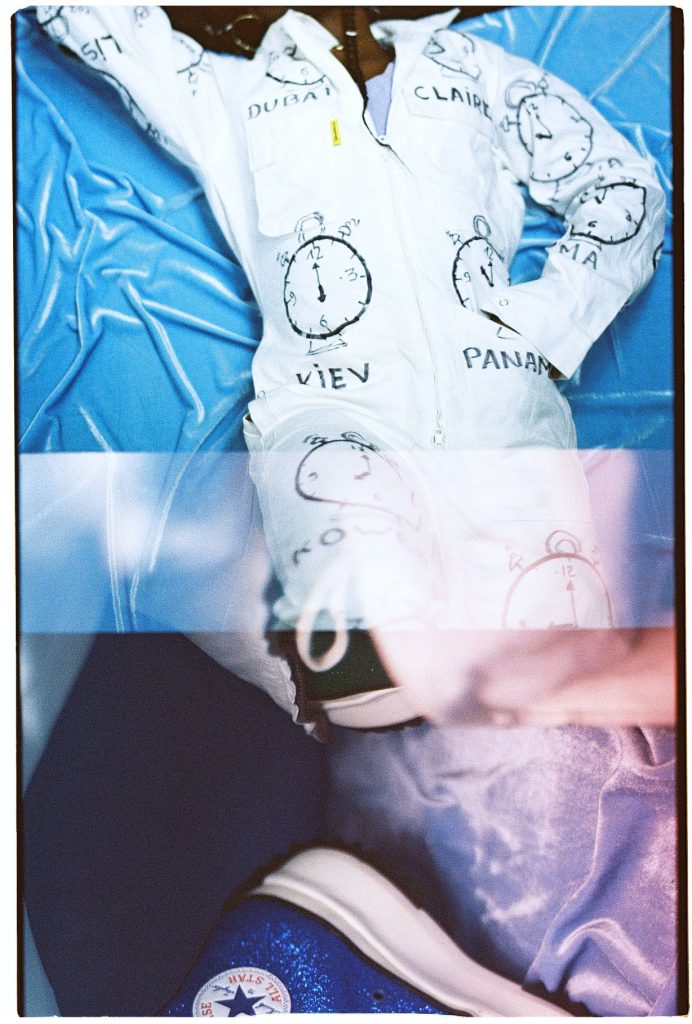EPISODE 1: THE INTERVIEW (1)
I would like to start this section by introducing the topic I have been exploring and will be futhermore.
” Black Masculinity: a never-ending crisis”
My interest in that topic begun with my love for 90’s hip-hop boysband. R&B crooners have always been my guilty pleasure in terms of music and of course I’m not feeling guilty anymore.
Shoot boysband (portfolio 1): I had this idea: shooting a group of guys who are doing music together with an 90’s vibe through the shoot.
I wanted to portray the turning point for hip hop in terms of music and fashion during this era – the decrease of the gangsta rap for a more subtile, sensual music.
What are the consequences on black masculinity and the pursuit of identity for black men ?
80’s – 90’s Gangsta Rap : if everything begun with the will to depict into lyrics the (hustle) life of black men during that time, it eventually leaded to forcing a general and stereotypical of what “the black man ” could/should be: a gangsta, a playboy, a stealer – a hustler trying to bring the bread on the table, not very far from the conception of patriarchal masculinity…
He then should be defined as a man for what he earns and not how he earned it – as long as he has money, he has power.
Oversized clothes to maybe convey a feeling of presence and power + lot of trends came from black men in prison (ex: pants so low that you can see the gentleman’s boxer … ) so at that time, prison a good thing to show that you are a ‘real man’ ?
90’s – 2000’s: Boys don’t cry: actually it’s not the first time that we have a whole era of sexualisation of the body of black males. 70’s/80’s embodied this idea of an oversexualized playboy as the black male, perpetuating an idea constructed during slavery that black people were very very sexual… Again, black men are suffering from the patriarchal masculinity: a man has to be strong, hypermasculine in order to be attractive. (to carry women). However, a point that is rarely noticed is that during this time, in the music, men are not afraid of saying what they feel romantically, and declare their love for any women. They became the perfect men in white suits – masculine and strong but sensitive and expressing. I’m not saying that this is a race thing but R&B being sung mostly by black men and being the type of music in which men felt the need to express themselves, it leaded to ‘resurgence of the gentlemen’.


I still want to do this photoshoot, however as I’ve been here for 2 months already and been reading about this subject, not only my ideas have evolved but mediums that I want to realise it on as well.
Next episode: presentation of my serie/project for this unit entitled ‘FRERE!’ translated as ‘BRO!’in english
